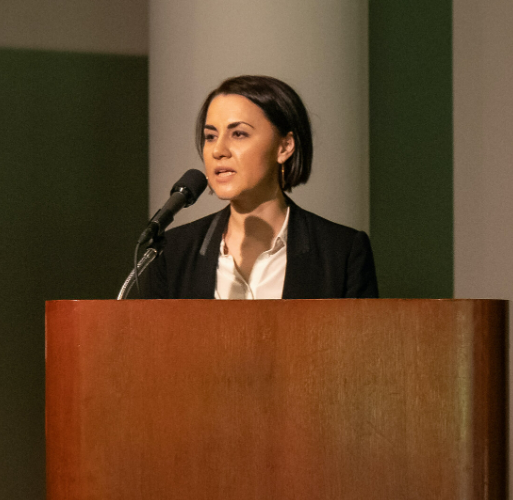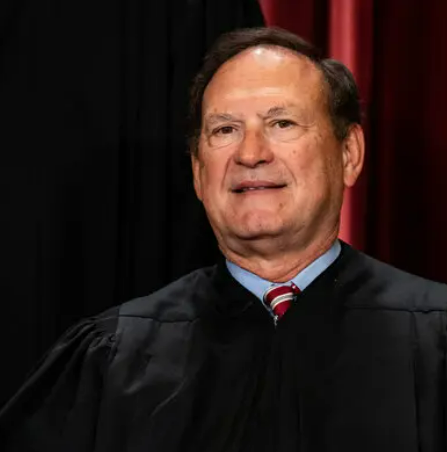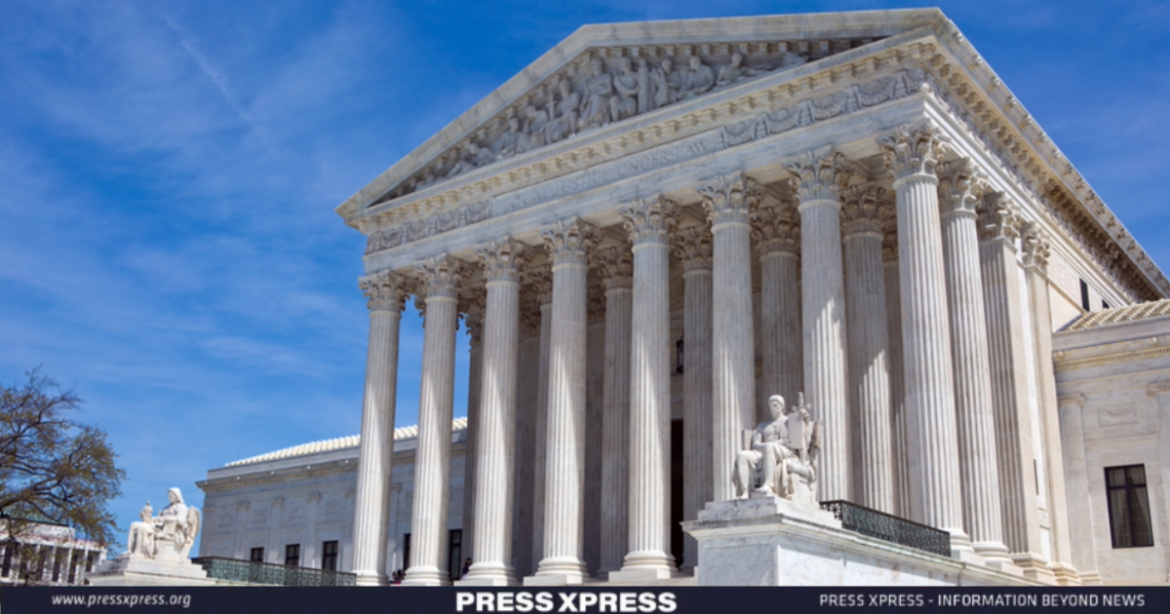Key highlights:
- On Monday,26 February, the United States Supreme Court deliberated on two cases- Moody v NetChoice and Netchoice v Paxton crucial to the moderation authority of social media platforms.
- Both cases are rooted in a longstanding Republican argument alleging that tech giants actively censor conservative political speech.
- Although the laws in Florida and Texas share similarities, the Texas legislation is more restrictive as it specifically exempts websites primarily dedicated to news, sports, and entertainment, and more clearly identifies platforms as common carriers.
- These two cases intersect with Section 230 of the Communications Decency Act of 1996, which provides immunity to website operators for third-party content on their platforms.
In today’s dynamic digital sphere, social media giants such as Facebook and YouTube exert significant influence on global communication dynamics. These social media giants, functioning as virtual agora and information disseminators, hold immense sway over global communication. Nevertheless, the contentious issue of operational freedom — the extent to which these platforms can moderate content — remains hotly debated. Is it a blessing or a curse?
On Monday,26 February, the United States Supreme Court deliberated on two cases- Moody v NetChoice and Netchoice v Paxton crucial to the moderation authority of social media platforms.
Filed by NetChoice, representing members like Pinterest, TikTok, X, and Meta, argues that these laws violate the companies’ First Amendment rights to free speech, contending that the legislation unconstitutionally limits their ability to curate content on their platforms. The legal focus centers on statutes in Florida and Texas.
Both cases are rooted in a longstanding Republican argument alleging that tech giants actively censor conservative political speech. Despite expert debunking of these claims, they have been amplified by high-profile incidents such as the removal of former President Donald Trump from Meta, X (then Twitter), and YouTube in 2021 following the January 6 Capitol riot.
Trump has previously voiced support for the law central to NetChoice v Paxton, urging the court to uphold it, but suggesting that it should review NetChoice’s Section 230 arguments instead.
The Battle for Moderation
The court commenced with arguments in the case of Moody v NetChoice, which revolves around a Florida law enacted in 2021 aiming to prevent platforms from engaging in “censorship” against certain political candidates and media outlets through demonetization or removal. Additionally, the law seeks to curtail platforms’ ability to label and moderate misinformation originating from specific sources.
During oral arguments, Justice Sonia Sotomayor expressed concerns that the Florida law lacks specificity and could impact online services like Etsy and Uber, not just the social media platforms it was intended to address.
The justices also deliberated on whether content removal by algorithms, rather than human intervention, constitutes censorship, with Amy Coney Barrett raising the example of TikTok’s algorithm favoring pro-Palestine posts over pro-Israel ones. Justice Samuel Alito questioned whether content moderation is merely a euphemism for censorship.
In the NetChoice cases, there seems to be a shift in argumentation, as pointed out by both the Texas and Florida solicitor generals, as well as the justices. During the proceedings, Justice Amy Coney Barrett sought clarification from Solicitor General Henry Whitaker of the State of Florida on distinguishing between the editorial discretion exercised by newspapers and the content moderation carried out by platforms.
“In Twitter v. Taamneh, the platforms told [the Court] that they didn’t even know that ISIS was on their platform and doing things, and it is a strange kind of editor that does not even know the material that it is editing. As far as we can tell, if the algorithms work, though, in the manner that this Court described them in Twitter v. Taamneh, they look more like neutral ways to reflect user choice, and I don’t think there’s expression in that.”
– Solicitor General Henry Whitaker

Furthermore, Justice Barrett asked the Florida solicitor general to elucidate whether an algorithm favoring certain content could be considered speech. Solicitor General Whitaker responded, “Well, it might be, Your Honor, but again, in Twitter and Gonzalez, the platforms asserted that the algorithms were neutral methods of organizing speech, akin to the Dewey decimal system.”
The First Amendment Debate
At the core of the discussion rests the First Amendment. While the government is mandated by the First Amendment to safeguard citizens’ freedom of speech, private entities such as Facebook and YouTube do not share the same obligation.
They possess their own First Amendment rights—their media right. Thus, when these platforms moderate content, the question arises: are they suppressing free speech or asserting their own rights?
Although the laws in Florida and Texas share similarities, the Texas legislation is more restrictive as it specifically exempts websites primarily dedicated to news, sports, and entertainment, and more clearly identifies platforms as common carriers.
Clement asserted that while the government cannot practice viewpoint discrimination, individuals or entities acting as editors or speakers retain their First Amendment right to do so. This prompted a hypothetical scenario: if a platform were to be entirely neutral in viewpoint, content advocating both for suicide prevention and promotion would be permissible.
Nevertheless, numerous justices voiced apprehension regarding the broad scope of both laws, particularly the Florida statute.
“In this pivotal election year, social media is already having a significant impact on our democracy. While we believe that the platforms should strengthen their content-moderation policies, the first amendment is clear: it’s not the government’s role to impose rules on how companies like Meta and Google should accomplish this.”
– – Nora Benavidez, senior counsel at social media watchdog group Free Press

Section 230 Conundrum
These two cases intersect with Section 230 of the Communications Decency Act of 1996, which provides immunity to website operators for third-party content on their platforms. This aspect, labeled as “a distraction” from the central issue of whether platforms’ content moderation is constitutionally protected under the First Amendment, received attention from the Justices.
However, there wasn’t unanimity among the Justices, who delved into Section 230’s implications. Notably, Justices Neil Gorsuch and Clarence Thomas raised pertinent questions: Justice Gorsuch questioned how the court could address Moody’s question without considering Section 230, while Justice Thomas inquired about NetChoice’s ability to reconcile its clients’ editorial discretion and expressive conduct while serving as a conduit.
“I don’t understand the rationale for Section230, if it wasn’t that you can’t be held responsible for that because this is really not your message. Either it’s your message or it’s not your message, I don’t understand how it can be both. It’s your message when you want to escape state regulation, but it’s not your message when you want to escape liability under state tort law.”
– Justice Alito

As the court weighs the ramifications of legislation from Florida and Texas, a fundamental query arises: how can we strike a balance between platform autonomy and the safeguarding of free speech? This legal arena illuminates the intricate dynamics of contemporary communication, highlighting the delicate interplay between private entities’ editorial prerogatives and the public’s right to express themselves.
These cases not only probe the limits of the First Amendment but also intersect with Section 230 of the Communications Decency Act, further complicating the discourse with additional layers of complexity.


